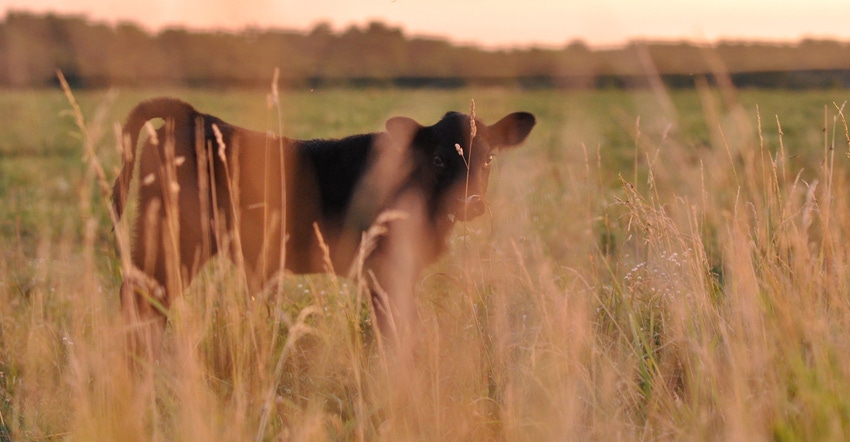November 18, 2021

A couple of years ago, my 16-year-old son Nathan came in my office and plopped down in the other desk chair. He was maybe 14 at the time. He’s always wanted to farm.
Straight out of left field, he said, “You know, Dad and I think about things different.”
“No kidding, bud? Whatcha thinking about there?”
He told me how they’d been moving cows and described in great detail how Dad did it, then described how he would’ve done it. And he thought his way probably would’ve worked better. But Dad’s way worked, too.
And isn’t that the plight of all of generational family agriculture? Neatly rolled up in one 14-year-old’s observation for the day.
We all bring the cows in a little different.
That story came to mind this fall as I talked to various Wyffels family members for the cover story for the December issue of Prairie Farmer, and again as I’ve interviewed farmers the past couple of years. I’m no expert, but I believe there’s a solid chance your farm (family) may be more successful if you accept that you and your family members can do things differently and both ways are equally correct. Or at least equally OK.
In the early 1970s, Bill Wyffels Jr. had joined his dad in their seed business. Business was taking off.
“Dad was just very innovative and creative with farm production. I wanted to go fast and try some things different,” he recalls. “I thought, if we’re really going to make the seed business thing go, we needed to do things differently.”
Sound familiar?
Bill recalls that his dad let him try a few things. Then his dad passed away. Then other family members joined the company, and they doubled business every year for several years. Fast-forward to today, and Bill has transitioned leadership of the business to his son, John.
They do things differently, too.
Their skill levels and leadership styles are different. Bill’s a hard-driving entrepreneur who favored getting the right people in the right seats on the bus and telling them to get on with it. John spent 10 years working in financial firms on mergers and acquisitions in New York and Chicago, observing how professionals coach and lead other people.
“John is at the right place at the right time with the right skills and the right level of patience. I was the right person for the time I was there, for where the business and farming industry were,” Bill says. “But he’s more collaborative, more strategic, more diplomatic than his father.”
Sandwiched between his father and his son, Bill has also worked with his brother for 45 years.
“Bob and I were kind of right brain, left brain on working together,” he says. They each had things they were good at, and they had a way of sorting them out. Bill led sales and marketing. Bob ran production. It worked well.
To a certain extent it had to, or they wouldn’t be here today.
Willing and able
Our whole cover story is about this family business that’s had five fathers/sons/brothers/cousins working together with 180 employees. That’s a lot of personalities to sort out.
Too often in production agriculture, farmers tend to assume if they have a child who wants to farm, they’ll be good at it and it’ll be fine. But John Wyffels makes the point that not everybody’s meant to be an owner, and not everybody’s meant to be a manager.
Willing and able doesn’t necessarily mean skilled.
Sometimes it means seeing people for what they can do. Jane Wyffels — wife of Bill and mother of John — says the first couple of years of their transition was hard. Sometimes Bill came home and shared his disagreement in how John handled something. John�’s way wasn’t wrong. It just wasn’t Bill’s way of doing it.
He brought the cows in a different way. Turns out, it’s been just fine.
Comments? Email [email protected].
You May Also Like




